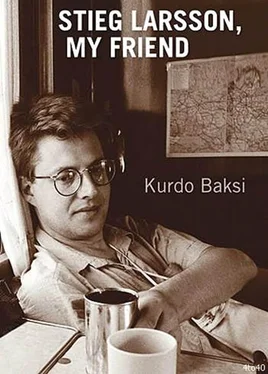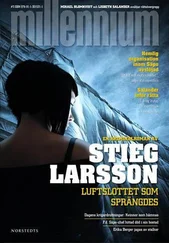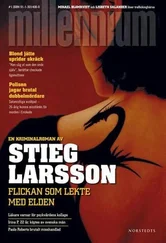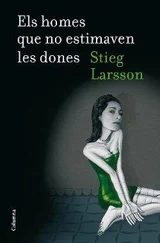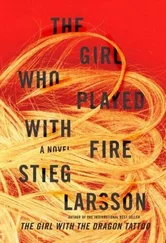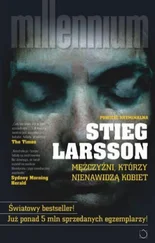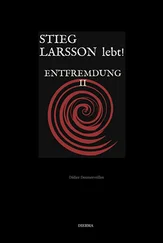That in itself should be sufficient to explain why November is a month that makes you grit your teeth. I am one of many who sort of retire into themselves and become that little bit more grumpy and miserable.
I was planning a seminar that Stieg and I would be leading on 9 November. It was the anniversary of Kristallnacht, the Jewish pogrom carried out by German Nazis during the night of 9-10 November, 1938. It is important to remember that event, because in many ways it was the occasion when the world passed the point of no return. Jewish shops and synagogues were destroyed, about twenty thousand Jews were rounded up, and many of them were never heard of again. The world was confronted by a moment of destiny and did nothing about it.
That is why Stieg and I were keen to arrange a seminar every year on that date. As I was sitting in my office, putting the finishing touches to arrangements for the evening, Stieg turned up. I have spoken to the people who were present and they have told me in detail what happened. His old friend Jim from Grenada was waiting for him outside. There was some administrative matter Jim needed help with and Stieg had promised to see what he could do.
“You don’t look too good,” was the first thing Jim had said.
Stieg shrugged and said, “Come on, let’s take the lift.”
They discovered that the lift wasn’t working. They began trudging laboriously up the seven flights of stairs. Stieg wasn’t exactly in peak condition, but now he was breathing even more heavily than usual. When they finally reached the Expo editorial offices, he could hardly breathe.
As soon as his old colleague Per saw how pale Stieg was, he decided to call an ambulance. But before anybody could get to the telephone Stieg had collapsed on to the shoulder of a new member of the Expo staff, Monika. A few seconds later he slumped to the floor. His heart was still beating.
The ambulance arrived quickly and Stieg was lifted on to a stretcher. The first thing they did was to fix an oxygen mask over his face. The crew worked quickly and efficiently – it was obvious they assumed Stieg had suffered a heart attack. Per travelled with him in the ambulance, which headed for St Göran’s Hospital. The ambulance men asked Per how old Stieg was. At which point Stieg lifted up the mask and bawled out, “I’m fifty, damn it!”
I was still in my office when Richard Slätt, Expo ’s assistant editorin-chief, phoned.
“Stieg is ill,” he said. “He’s on his way to St Göran’s Hospital. No doubt he won’t be able to come to the seminar this evening.”
I didn’t realize the implications of that telephone call. Like everybody else who receives that kind of message, I tried to assess Richard’s tone of voice. He seemed quite calm and collected, which reassured me. I was well aware of course that Stieg would never choose to go to hospital of his own volition, but on the other hand, both of us had needed to go for check-ups in the recent past. No big deal. I did wonder about a heart attack; I have to say that only a couple of days previously I had read an article with the ominous headline “Men between fifty and sixty run the biggest risk of dying from a heart attack”.
But it had never occurred to me that this might apply to Stieg. Yes, he worked under pressure all the time; yes, he had all the characteristic symptoms. But even so, he still looked like an overgrown schoolboy.
Besides, it wasn’t so long ago that, feeling a bit down after yet another hospital visit, I had jokingly suggested that he should give a lively speech at my funeral. We’d both had a good laugh at that, as one does.
After the call from Richard I continued to put the finishing touches to the preparations for that evening’s event at the Swedish W.E.A. Stieg’s enforced absence meant that there was more for me to do, but I thought I’d be able to get round that. I decided not to telephone the police and ask for special protection: it should be sufficient to warn the organizers that quite a few neo-Nazis would turn up. I didn’t tell them that Stieg was unable to attend, but asked them to make sure that some extra security staff were on duty in the lecture room.
Having replaced the receiver after talking to the organizers, I thought about Stieg again. It struck me that it was only eleven days since I had replaced him as the main speaker at an event in Söderhamn. But when we had met only a couple of days ago, he had been in excellent spirits. He had given me a copy of the interview Svensk Bokhandel had published with Stieg Larsson the crime novelist. I had been surprised.
“Will the book be out as early as next June?” I had asked.
Surely he can’t fall ill now, I thought. He has too many irons in the fire. Things he has longed to experience all his life. I stood up and walked over to the window. But there again, a hospital visit can act as a wake-up call. He must calm down, enjoy the fact that his novel is shortly going to appear in the bookshops.
I returned to planning the seminar. It would turn out all right. I was used to playing multiple roles and, after all, we had done it several times before.
No, I didn’t take Stieg’s illness seriously. I knew that in the mid-1970s he had collapsed in Addis Ababa and been in a coma for several hours. He eventually discovered that he had a kidney infection. No doubt it would be something similar this time.
At 6.00 p.m. I officially opened the seminar despite the absence of the star turn. There were about a hundred people in the lecture room; eighty of them were known neo-Nazis.
The mood soon became strained, and several Holocaust survivors were uncertain whether or not they dared to stay on. I had to fight hard to ensure that it would be possible to complete the seminar – but I had no intention of cancelling or suspending it. I had never done so before and was not going to do so this time. I gave my introductory talk on Kristallnacht, and that was followed by two talks on the current mood of xenophobia in Sweden. Then came a question-and-answer session that was anything but easy to control. I was completely exhausted when I rather brusquely wound up proceedings at the advertised time, 7.10 p.m.
The volunteer security men helped me to leave the premises quickly. A few people I had promised to meet for a glass of wine after the seminar were waiting in the Indian restaurant on the ground floor. They asked where Stieg was, and I told them that unfortunately he had been held up at the last minute. Shortly afterwards, I checked my mobile. It was now 7.16 – I remember that clearly. It is as if etched into my memory. That was when I heard the brief recorded message.
“Stieg is dead.”
I raced outside and was lucky enough to get a taxi to St Göran’s Hospital immediately. The journey took only a few minutes. All the time the words were echoing round my head. Stieg is dead. It can’t be true, I thought. I must have misheard it. There must be some kind of mistake.
When I entered the hospital waiting room, I found the Expo staff sitting there, all staring into space. They told me that Stieg’s family had been informed. Per had phoned from the ambulance and told Eva and Erland that Stieg was seriously ill and on his way to hospital. Stieg’s father had immediately raced to Umeå airport in order to catch the first available flight to Stockholm. And Eva was on her way from Falun.
The silence was tangible.
More friends turned up, and there were soon about twenty of us sitting there, comforting one another. But most of the time we sat in silence. Several people didn’t seem to have grasped what had happened. The hospital staff served us coffee and ginger biscuits. In my confused state I was unable to make out their faces. They were simply grey shadows wafting past. But suddenly I heard a woman say in a calm tone of voice, “You can say farewell to your friend now.”
Читать дальше
